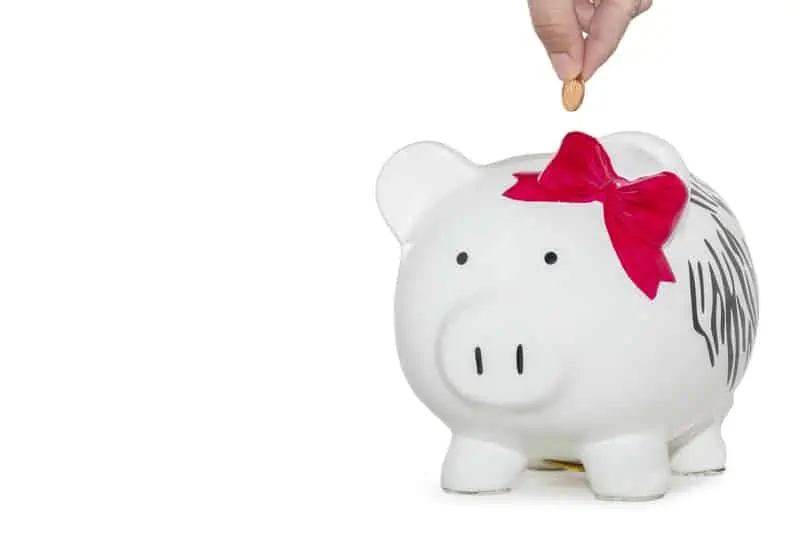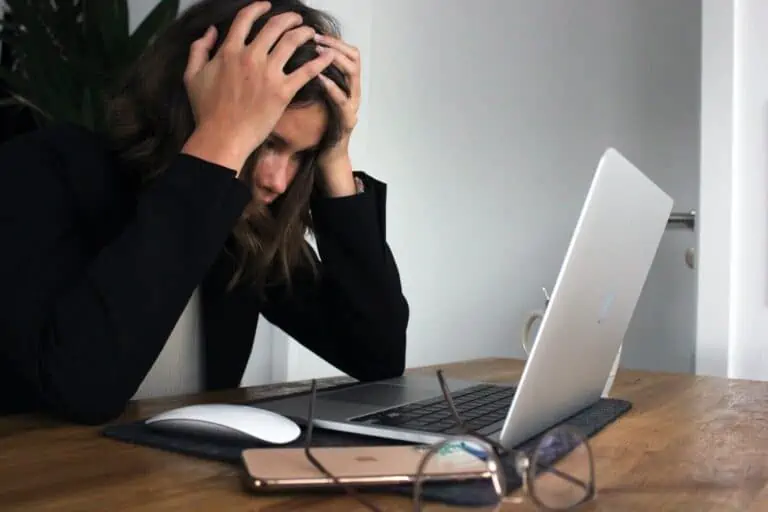Why Having Emergency Savings Should Be a Financial Priority
Original article found at SoFi and has been republished with permission
Life can be unpredictable, and financial setbacks can crop up at any time–whether that’s a job loss, medical or dental bills, a fender bender, or a major appliance that suddenly stops working.
An emergency savings fund is a lump sum of cash set aside to cover any unanticipated expenses or financial emergencies that may come your way.
Besides offering peace of mind, an emergency fund can help save you from having to rely on high interest debt options, such as credit cards or unsecured loans, or needing to undermine your future security by tapping into retirement funds.
If you don’t yet have any emergency savings set aside, however, there’s no need to stress. Below, we break down why an emergency fund can be a key part of financial planning, how large it should be, and how to start building it up.
Why Do You Need an Emergency Fund?
An emergency fund can be thought of as a kind of self-funded insurance policy. Instead of paying an insurance company to back you up in case something goes wrong, you’re paying yourself by setting aside these funds for the future.
Having financial back-up comes with a range of benefits. Below are some of the key perks of having an ample emergency fund.
It Can Help Keep you From Going into Debt (or Making Costly Financial Decisions)
Yes, there may be other ways to quickly access cash to cover the cost of an emergency, such as credit cards, unsecured loans, home equity lines of credit, or pulling from other sayings, like retirement funds.
Preventing debt is one of the most important reasons to have an emergency fund.
But these options typically come at high cost in the form of high interest fees or penalties. Though there are many reasons for having an emergency fund, preventing debt is among the most important.
It Can Provide Peace of Mind
Living without a safety net, and simply hoping to get by without running into a crisis can cause you to worry about what would happen if you got hit with a large, unanticipated expense.
Being prepared with an emergency fund, on the other hand, can give you a sense of confidence that you can tackle any of life’s unexpected events without experiencing financial hardship.
It Can Help You Ride Out a Period of Unemployment
Unemployment benefits, if you are entitled to them, can help you afford some of your daily expenses, but generally it’s not enough to cover your entire cost of living.
If you have an emergency fund, you can tap into it to cover the cost of everyday expenses, like utility bills, groceries, and insurance payments, while you’re unemployed.
Starting an emergency fund also gives you the freedom to leave a job you dislike by choice, without having to secure a new job first.
It Can Help You Make Better Spending Decisions
Having extra cash set aside in an emergency fund helps keep that money out of sight, and also out of mind.
Keeping the money out of your immediate reach can make you less likely to spend it on a whim, no matter how much you’d like to.
Also by having a separate emergency account, you’ll know exactly how much you have—and how much you may still need to save.
How Much Emergency Savings Should I Have?
The size of your emergency fund will depend on your income and expenses, but a common rule of thumb is to have enough money to cover three to six months of living expenses.
If you are part of a two-income household, three months of expenses may be sufficient. If you live alone, or you are the only earner in the household, on the other hand, you may want to shoot for closer to six months.
To calculate what that amounts to, you may want to look through bank and credit card statements for the past few months and list all of your essential monthly expenses, such as housing, food, insurance, utilities, transportation, and debt.
Recommended: How Much Should I Have in Emergency Savings?
You would not need to include expenses for anything you’d cut from your monthly budget in the event of a job loss or other financial emergency, such as dining out, entertainment, vacations, nonessential shopping, or saving for college.
Once you’ve assessed the minimum it costs for you to live for a month, you can multiply that number by however many months you feel would give you a comfortable financial cushion.
If the number you come up with seems intimidating, it can help to keep in mind that you don’t have to create your emergency fund overnight.
You can build it slowly by stashing away small amounts on a regular basis, like every paycheck or every month. If you keep it up, over time you’ll eventually meet your goal.
Where Should I Keep My Emergency Fund?
Consider keeping your emergency fund in a separate, safe, and liquid account.
It can be a good idea to keep your emergency fund in a separate, safe, and liquid account, rather than mixed in with your spending money or other savings. This way you know it’s earmarked for a specific purpose.
Good places to build your emergency fund include: a high-yield savings account, online savings account, money market account, or a cash management account.
These accounts can help your savings grow (since interest tends to be higher than with a traditional savings account), but also keep your money liquid–meaning you can access the money when you need it.
Building Your First Emergency Fund
A good first step to starting, and building, your emergency fund is to create a simple budget. This entails looking at what is currently coming in (i.e., your take-home income) and currently going out (all of your essential and nonessential spending).
If there isn’t much leftover after subtracting spending from income to siphon into savings, you may want to rejigger your spending.
You can do this by honing in on nonessential expenses and seeing where you may be able to cut back, such as eating out less often, ditching a pricy cable package, or getting rid of subscriptions and services you no longer value.
Using your budget, you can then come up with a set amount of money (and it’s fine to start small) that you can put into your emergency fund each month.
It can be a good idea to automate your savings process by setting up a recurring deposit from your checking into your emergency fund savings account on the same day each month, perhaps after your paycheck gets deposited.
If you receive an unexpected lump sum of cash, such as a tax refund, bonus, inheritance, or cash gift, you might consider putting at least a part of it into your emergency fund to help you reach your goal faster.
The Takeaway
Without savings, a financial shock—even minor—could set you back, and if it turns into debt, it can potentially have a lasting impact.
That’s why it can be wise to make building an emergency fund one of your highest savings priorities.
Even if you’re currently living paycheck to paycheck, you may be able to slowly start building a buffer against emergency expenses.
If you haven’t yet set up an emergency fund, it’s easy to create one with SoFi Money®.
SoFi Money is a cash management account where you can earn competitive interest, spend, and save–all in one place.
With SoFi Money’s special “vaults” feature, you can create an emergency fund that is separate from your spending, and also sign up for recurring deposits to help build your back-up faster.Start building your emergency fund with SoFi Money today.Learn More
SoFi Money®
SoFi Money is a cash management account, which is a brokerage product, offered by SoFi Securities LLC, member FINRA / SIPC . Neither SoFi nor its affiliates is a bank. SoFi Money Debit Card issued by The Bancorp Bank. SoFi has partnered with Allpoint to provide consumers with ATM access at any of the 55,000+ ATMs within the Allpoint network. Consumers will not be charged a fee when using an in-network ATM, however, third party fees incurred when using out-of-network ATMs are not subject to reimbursement. SoFi’s ATM policies are subject to change at our discretion at any time.
Financial Tips & Strategies: The tips provided on this website are of a general nature and do not take into account your specific objectives, financial situation, and needs. You should always consider their appropriateness given your own circumstances.
SOMN19007






